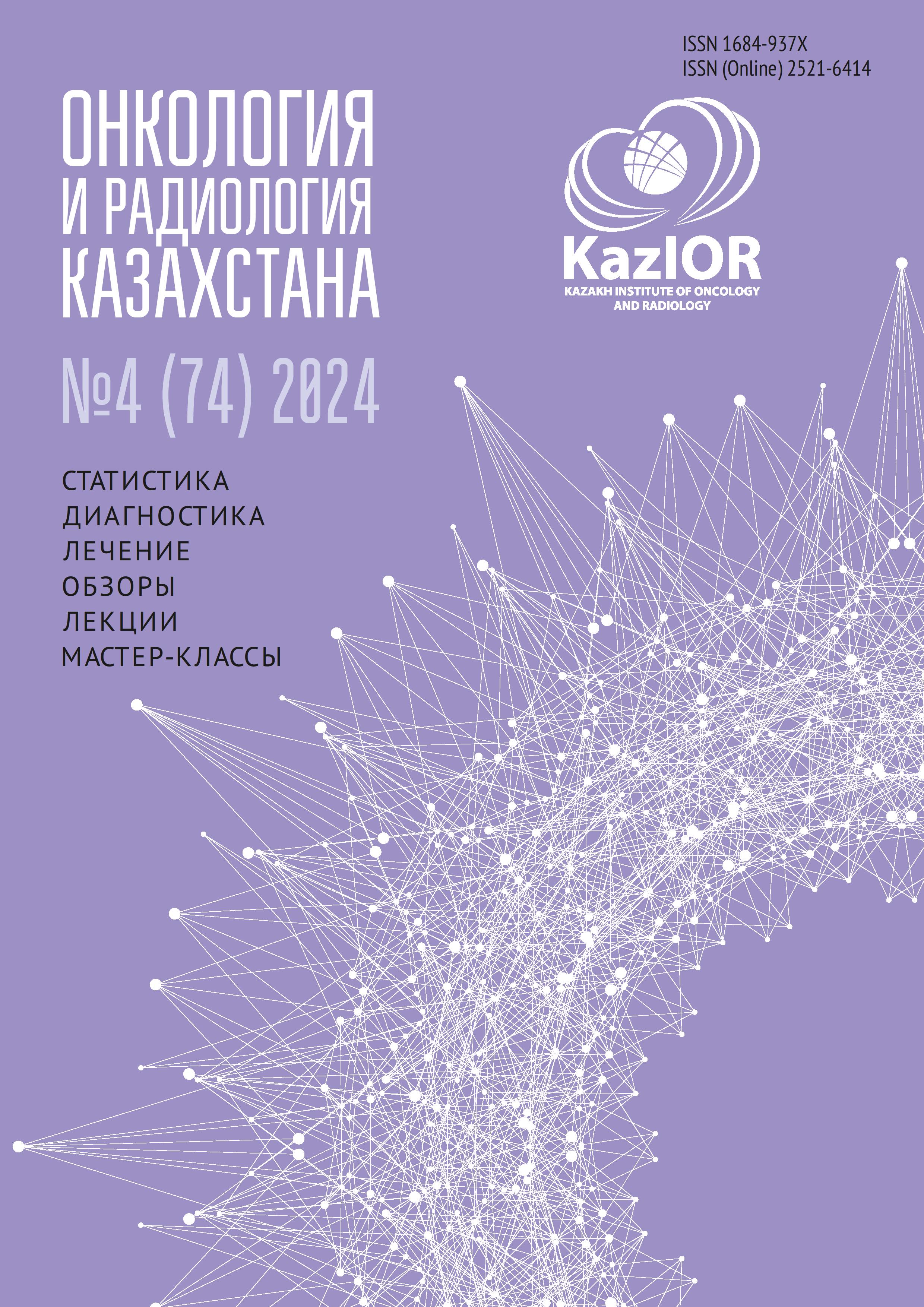Application of Lung Cancer CT Artificial Intelligence technology in low-dose computed tomography for early detection of lung cancer
DOI:
https://doi.org/10.52532/2521-6414-2024-4-74-357Keywords:
artificial intelligence (AI), low-dose computed tomography (LDCT), lung cancerAbstract
Relevance: In recent years, there has been an increase in the use of artificial intelligence (AI) technology in chest low-dose computed tomography (LDCT), which has attracted considerable attention. LDCT scans are widely used for early detection and monitoring of lung diseases, making the accurate analysis of these scans crucial for effective diagnosis and treatment.
The study aimed to evaluate the diagnostic effectiveness of an AI system in clinical practice by comparing its sensitivity in detecting pulmonary nodules and differentiating between benign and malignant processes with radiologists. Additionally, it aimed to provide a theoretical basis for the clinical application of AI in LDCT.
Methods: The study is based on a retrospective analysis of LDCT scans performed in a pilot lung cancer screening project. High-resolution tomography followed standardized low-dose scanning protocols, and experienced radiologists and an expert with many years of practice interpreted the results. Modern deep learning frameworks (TensorFlow, PyTorch) were applied for data analysis and nodule segmentation.
Results: The study results demonstrated that the deep learning model detected pulmonary nodules with a sensitivity of 63.4% (95% CI: 54.0–72.8%) and a specificity of 81.6% (95% CI: 79.8–83.4%), consistent with previous studies findings.
Conclusion: Like previous published studies, this study demonstrates that AI can enhance the LDCT interpretation process. However, despite the obtained diagnostic value, it requires further refinement for full implementation in clinical practice.

